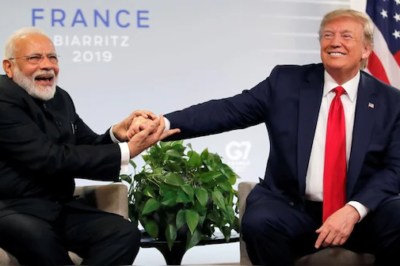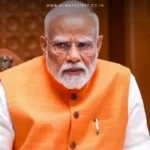
Summary:
- India’s failure to capture the “China-plus-one” export momentum, coupled with Donald Trump’s election win, has sparked a reevaluation of India’s trade policy.
- India has lagged behind countries like Vietnam, Indonesia, and Mexico in capitalizing on investments diverted from China.
- Policy experts suggest India should consider multilateral trade agreements like the RCEP and CPTPP to maximize export potential and strengthen the MSME sector.
Missed Opportunities and Calls for a Shift
India’s reluctance to join regional trade blocs, such as RCEP, has limited its access to growing export markets, as countries like Vietnam and Indonesia take the lead in drawing investment. Despite the potential benefits, India’s trade policy stance has been cautious due to concerns over market flooding by low-cost Chinese goods, which has previously hurt India’s manufacturing competitiveness.
Geopolitical Challenges and Tariff Policies
The return of Trump could amplify these issues, as his protectionist policies may lead to higher tariffs on Indian goods, affecting sectors like textiles, pharmaceuticals, and automobiles. Trump’s tariffs against China, however, may create space for Indian exporters in sectors where Chinese products face higher costs. Yet, India’s path forward is hampered by high domestic tariffs and investment barriers that prevent it from maximizing trade potential, especially in high-growth sectors like electronics.
The Way Forward: Embracing Global Trade Blocs
There’s a strong case for India to reconsider joining multilateral trade agreements to bolster its manufacturing and exports. With significant outflow of Chinese investment redirected to other Asian economies, joining large trade blocs could help India remain competitive, boost exports, and reduce reliance on trade protectionism to safeguard local industries.
Navigating the Future
India’s trade policy faces a critical juncture, with global trade alliances and protectionist U.S. policies reshaping economic dynamics. By lowering tariffs and opening avenues for foreign investment, India could better position itself as a key player in global supply chains while safeguarding its long-term economic security and autonomy.









































Leave a Reply